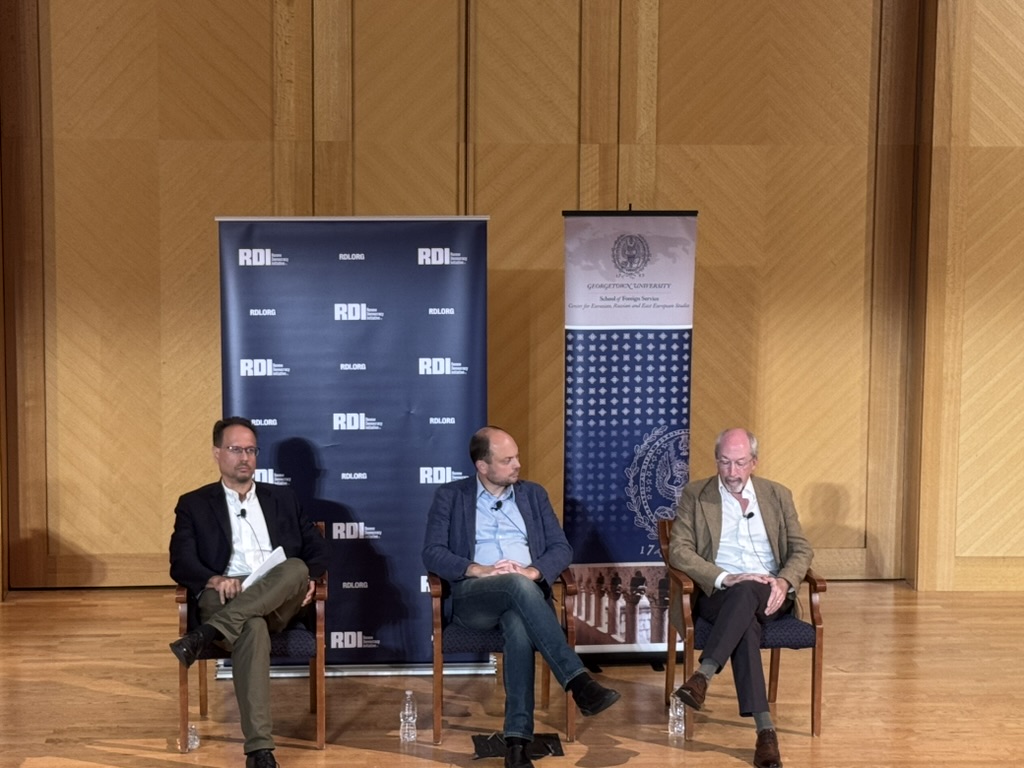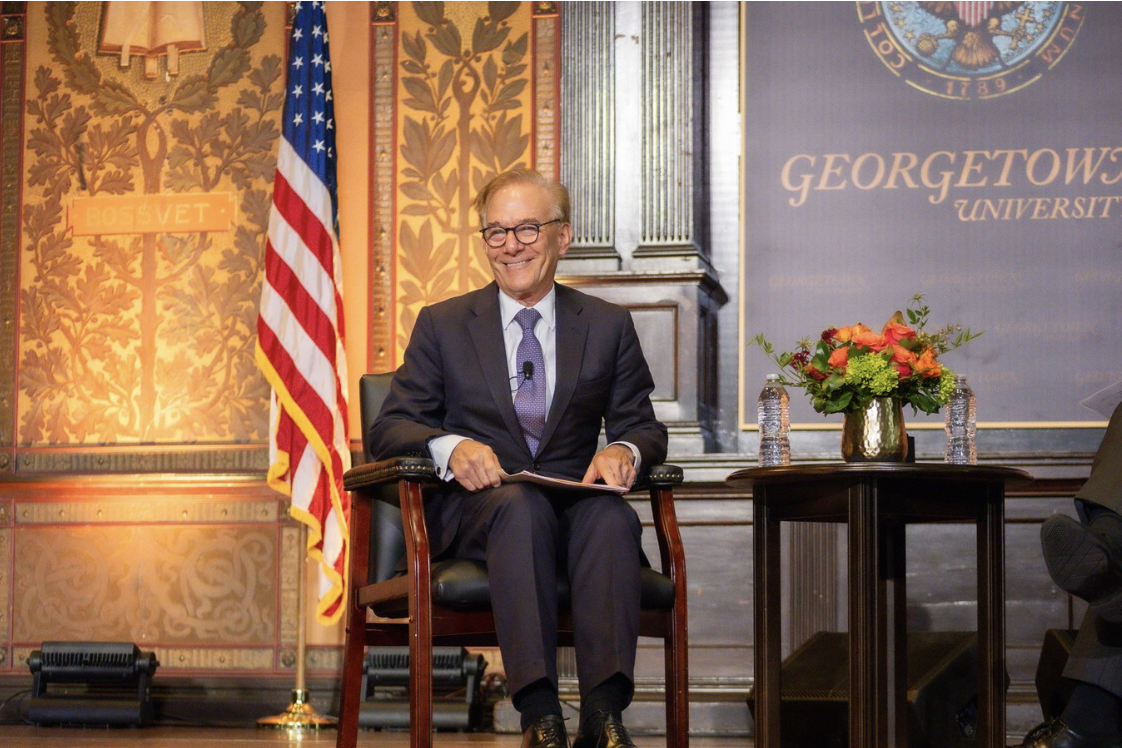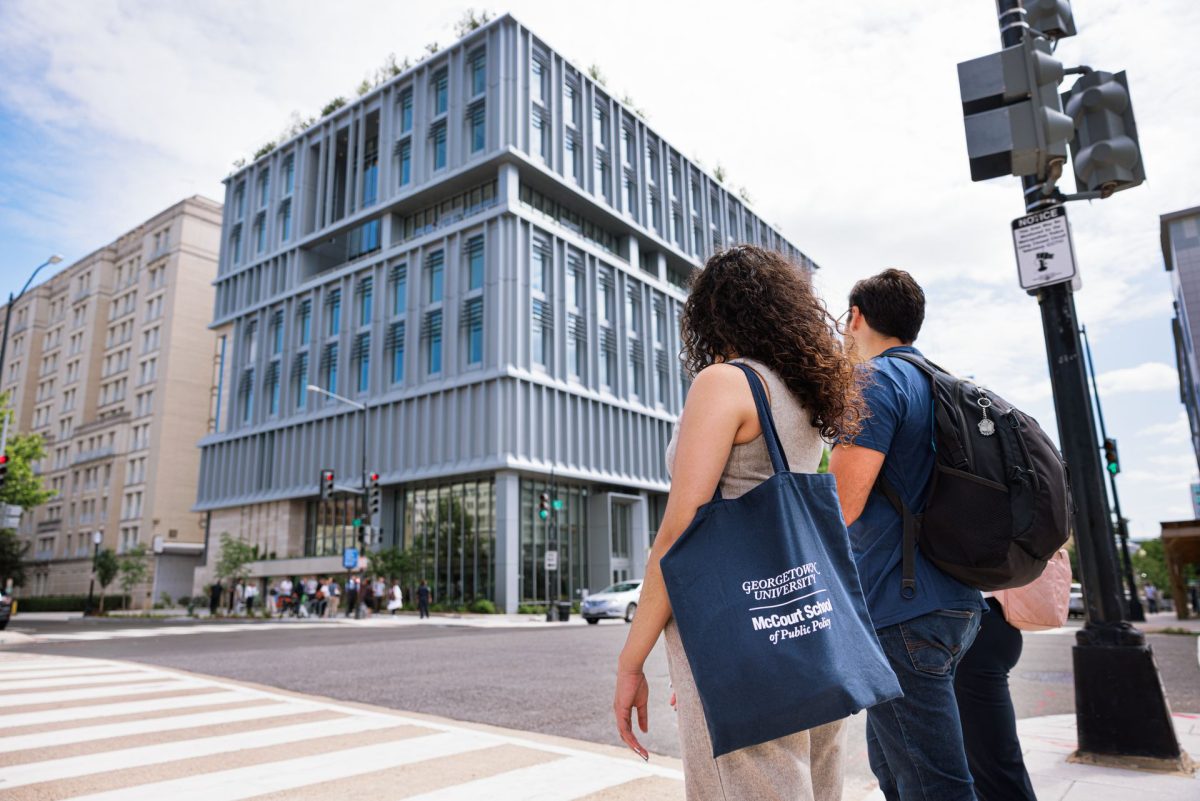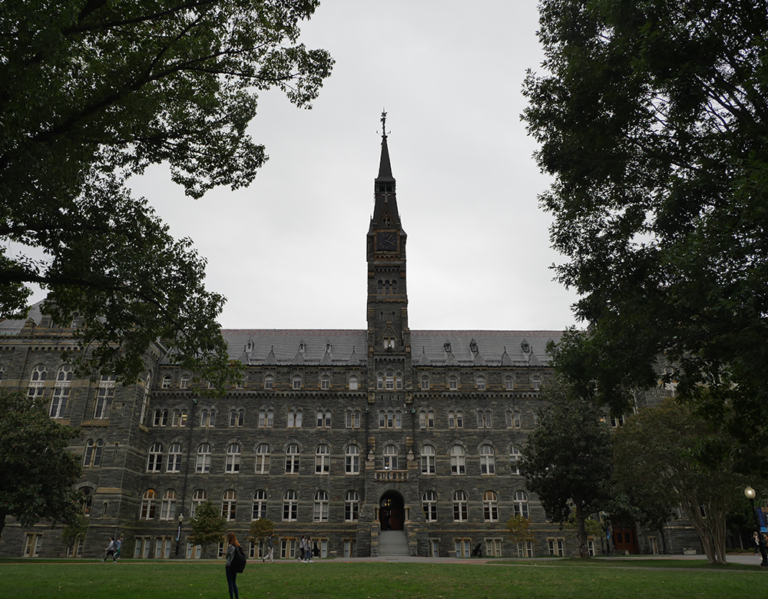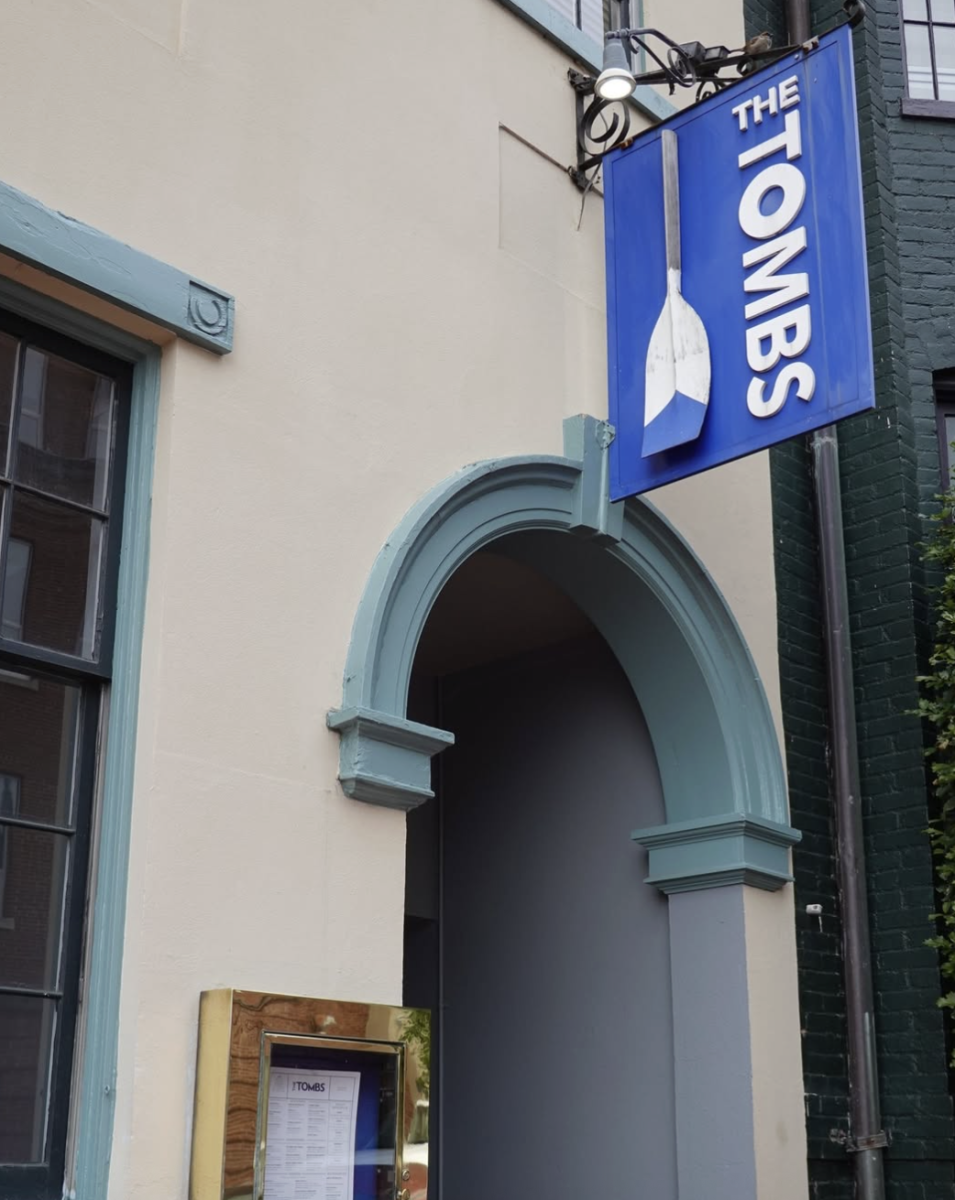A panel of nonprofit policy experts and executives urged the public to speak up about protecting benefits for low-income children and families in a Jan. 29. webinar.
The Georgetown University Initiative on Catholic Social Thought and Public Life, which fosters discussions on Catholic social teaching on both the national and global stage, hosted the panel, the first public dialogue of its spring slate. Kim Daniels, the director of the initiative, moderated the panel, which consisted of John Carr, the founder of the initiative; Peggy Bailey, the executive vice president for policy and program development at the Center on Budget and Policy Priorities, a nonpartisan research and policy institute; Michael Strain, a director of economic policy studies at the American Enterprise Institute, a public policy think tank; and Sandra Jackson, the president and CEO of House of Ruth, a nonprofit that supports survivors of domestic violence in the D.C. area.
Carr said safety net issues are constantly changing with far-reaching ramifications.
“These debates could disrupt the safety net and take nutrition assistance and health care from poor kids and poor families, or could provide tax health to those families,” Carr said at the event. “The Scriptures tell us the moral measure of our lives and our society is how we respond to the least of these.”
“In the weeks ahead, we face stark choices on whether we protect the lifeline support and reduce the health of kids who could go hungry and families who need health care,” Carr added. “Catholics and people of faith need to use our voices to stand with and support those kids and families in the middle of these decisions with enormous human consequences.”
During the webinar, panelists responded in part to a Monday evening memo from the Executive Office of the President which ordered a broad freeze on federal grants and loans while the Trump Administration reviews programs to determine their accordance with recent executive orders. The White House rescinded the order Wednesday.
Bailey said the recent executive orders represent an imbalance in the priorities of the federal government.
“This conversation about cuts to programs that middle and low-income families depend on is not being balanced with raising revenues for the wealthy and wealthy corporations,” Bailey said at the event. “There are definitely issues with the national debt and how much we’re taking on, but that can’t be at the expense of what middle and low-income families need, and our care for them is what makes America strong.”
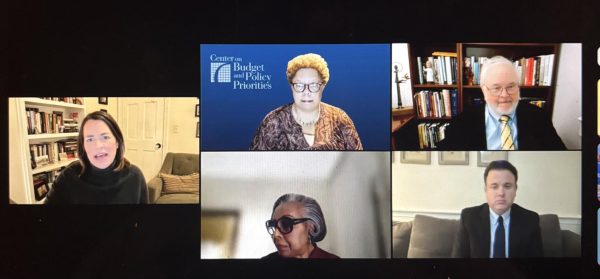
Strain said cutting spending opportunities for low-income individuals in the United States to solve the debt crisis is misguided.
“Instead of middle-class entitlement programs, the government can prioritize children by providing economic opportunity to low-income Americans and encouraging self sufficiency, through things like expansion of the Earned Income Tax Credit, which has been shown to increase employment and lift millions of people, including several million children, out of poverty every year,” Strain said at the event.
Jackson said the government’s choice not to provide support for struggling families will lead to a cycle of poverty.
“We’re talking about people that are struggling and have been struggling and are continuing to struggle, and what these spending cuts will do is throw them in a more downward spiral,” Jackson said at the event. “We know that if we provide the families and women and children the help that they need, we can change the trajectory for these children, but if we don’t, we’ll be financing and funding more prisons and drug programs which will also burden other systems, like hospitals and all kinds of other systems that are not equipped to deal with any of this.”
Carr called for an end to the silence surrounding the struggles of the most vulnerable, saying that people play an important role in making their voices heard.
“No one is talking about the people at the bottom,” Carr said. “What we need to do together is to stand with vulnerable children and poor moms and their families and say, ‘we’ll protect the safety net and we’ll help you raise your kids in dignity and we’ll find a way to make our tax system work so that you have a better chance of providing shoes for your kids and presents at Christmas.’”


